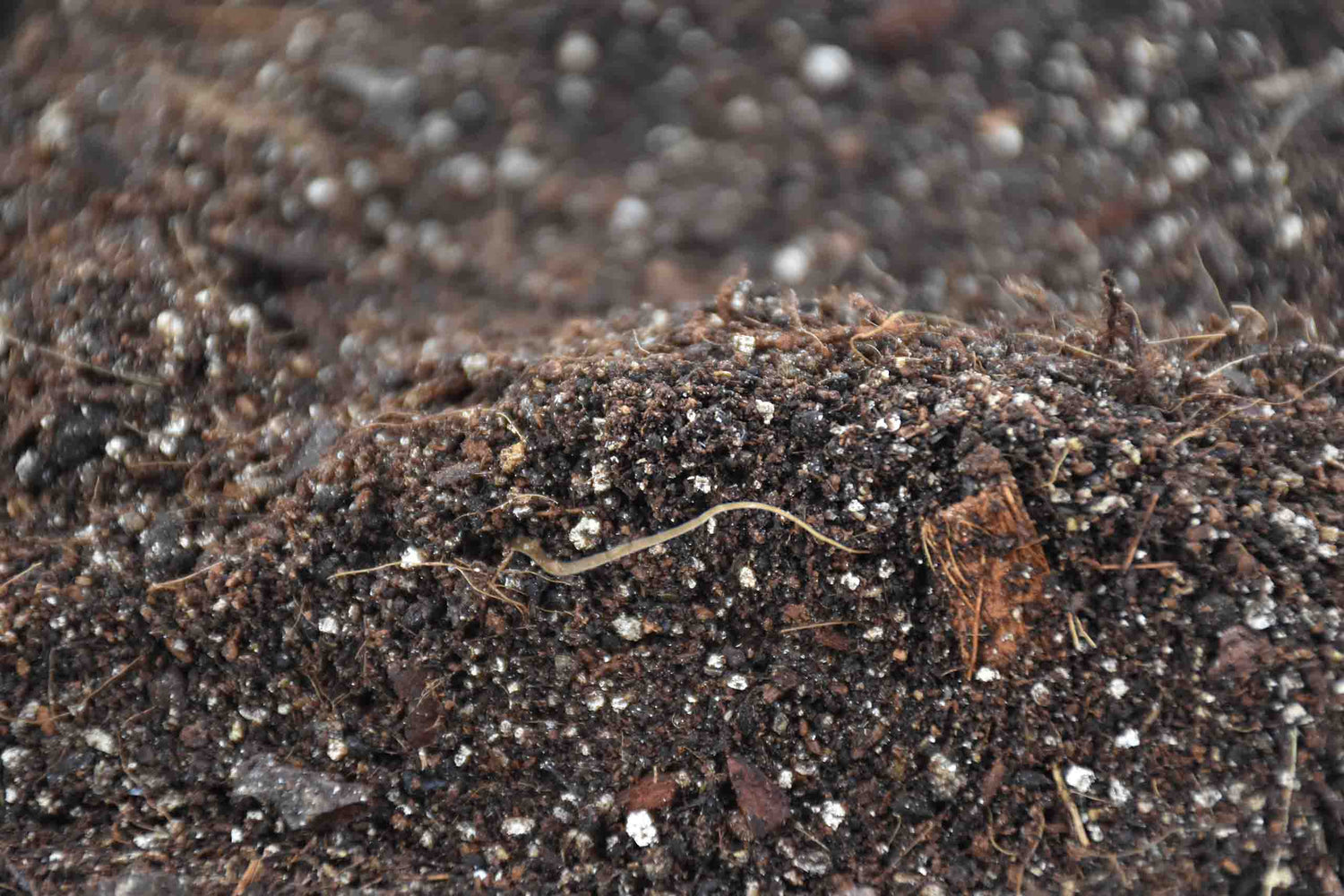
SYBASoil: Premium Soil Mixes
Handmixed coconut-based soil blends for your plants. Give your plants the soil...

Handmixed coconut-based soil blends for your plants. Give your plants the soil...
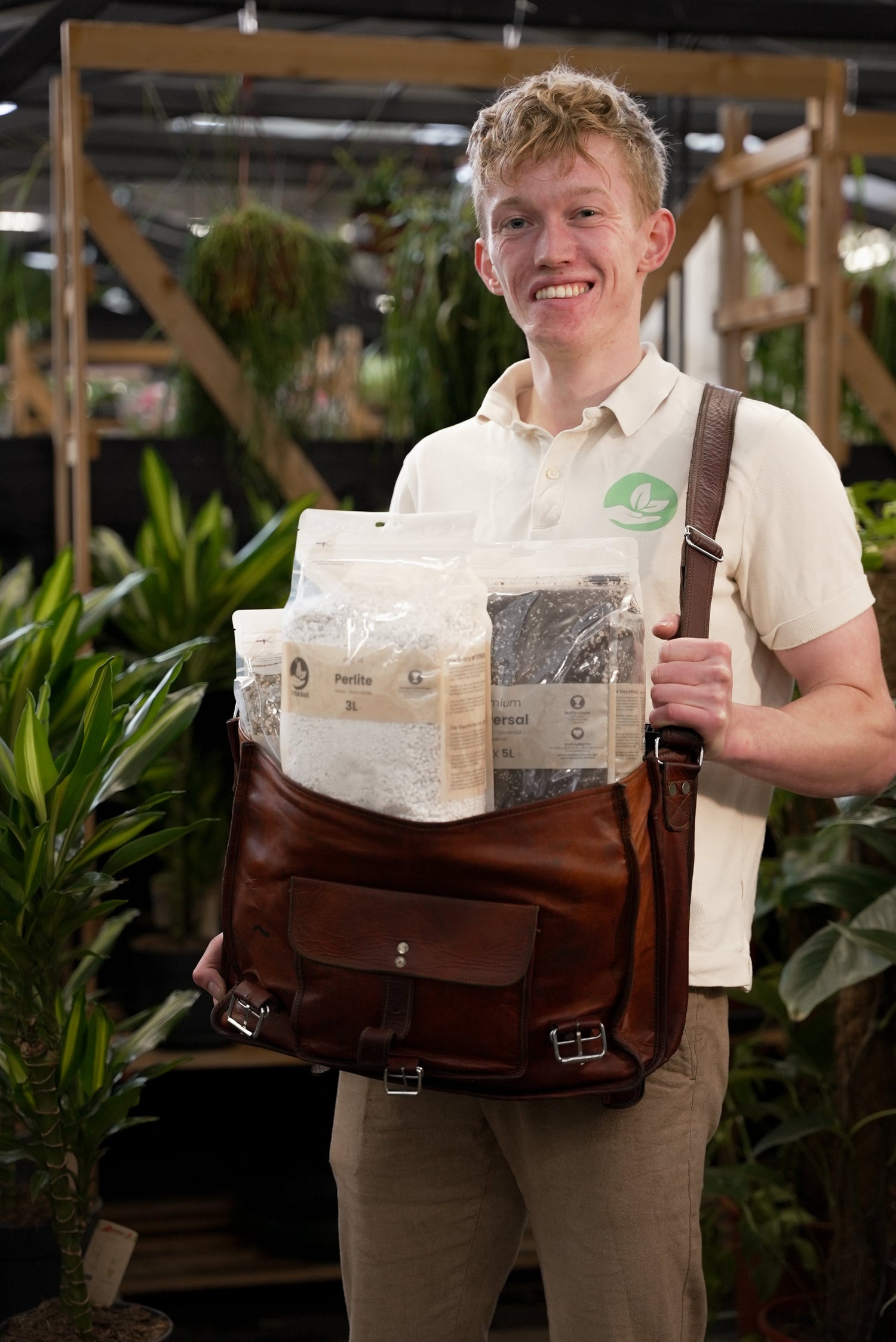
I, Sybren, wrote this page to help you understand what we are doing to be as sustainable as possible.
Do we claim to be the most sustainable company out there? No. Are we working to become that? Yes. In my personal opinion, transparency is at the forefront of sustainability. That's why we've used our (limited) resources to get clear data on our products and their emissions. We've made decisions based on that data and shared it with you. We are a small startup with 10 employees at the time of writing, so we need to focus our efforts on the tasks that matter.
We want to be transparent with you. We are working to improve our environmental impact, but we face some limits. We encourage you to ask any questions you have, so we can improve on this.
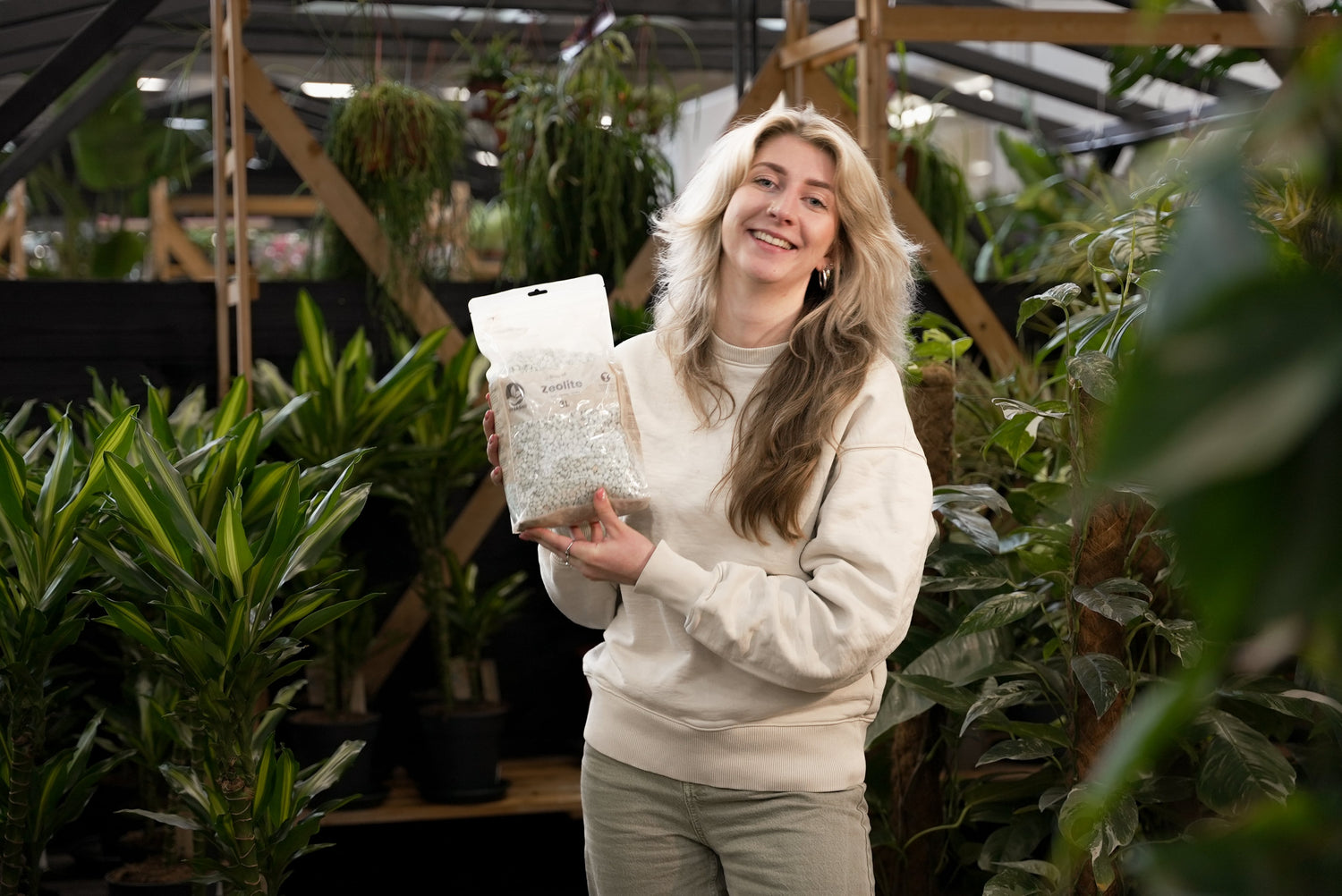
Our goal is to make plants happy for our customers. If plants die, people will buy and produce more. This increases emissions. Quality is thus our number one goal; second after that is sustainability.
Our decision framework here is easy:
- Is this product of a good enough quality to ensure healthy plants?
- Is this the most sustainable option in its category?
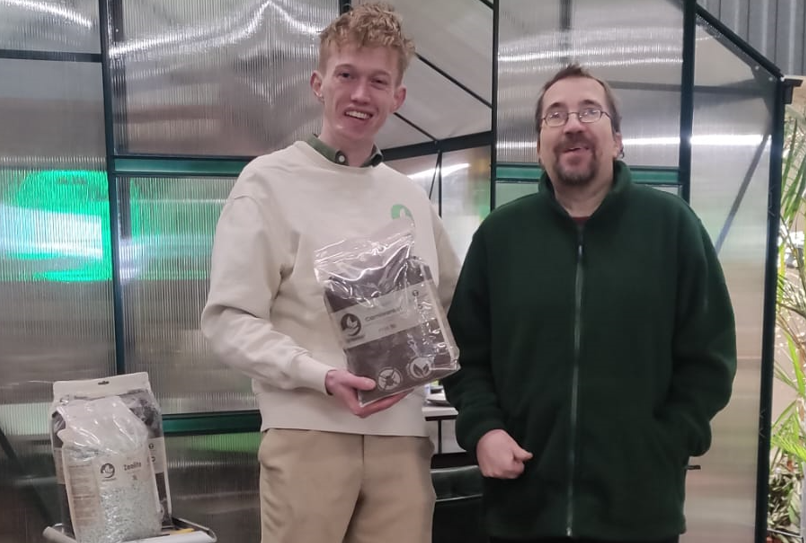
strategy
Sustainability isn’t limited to CO2 emission, we believe people are just as important. We work with people with a distance from the workforce, this can be a lot of things. From not speaking the language, to a physical or mental impairment.
AA great example is our Production Lead, Peter. He can only see 10%, which made working difficult. Yet, with simple adjustments like larger screens and prints, Peter quickly caught up. Now, he's a key part of Sybotanica!
Read more about Peter here.
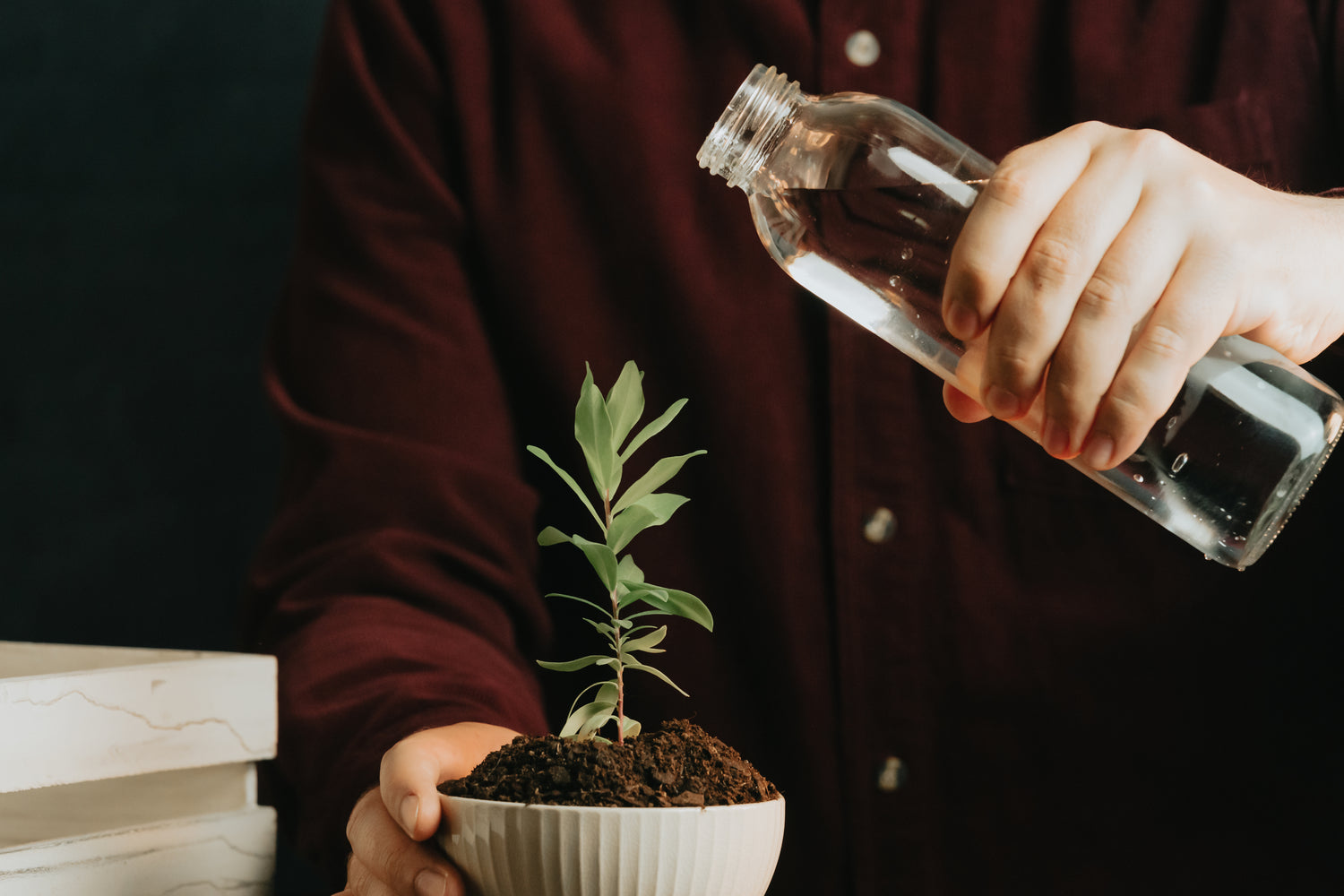
Products
Our soils have a key feature. They are peat-free. So, they base themselves on coco coir. This means the soil retains water better. This cuts how often you water your plants. So, it saves (clean) water.
*Note that, for Cacti and Succulents, we make the mix very draining to ensure plant health.
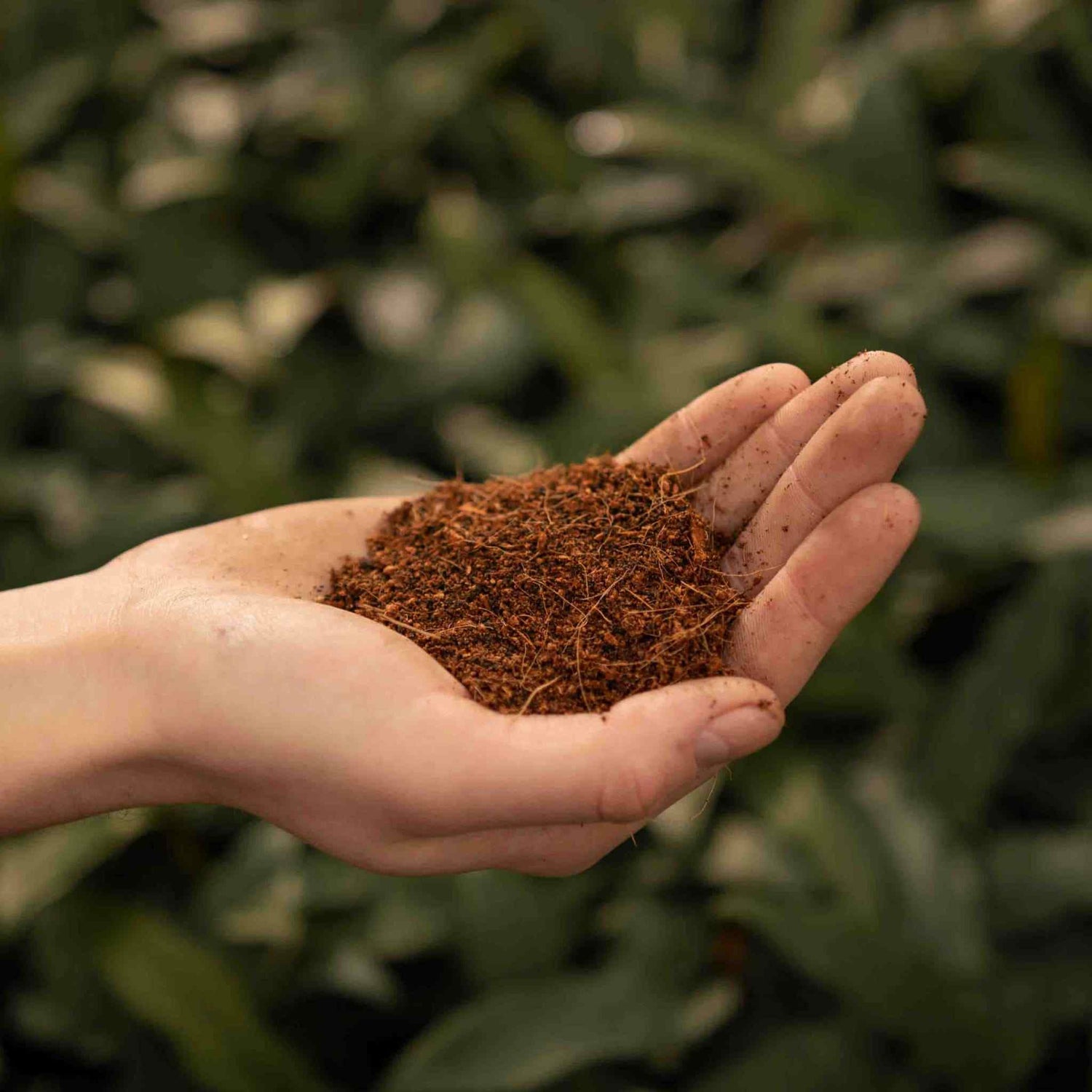
Products
Coco coir is more sustainable than peat soils, but not the best option. Ours is from Sri Lanka, leading to higher transport emissions to Europe.
We're aware of this and are testing locally sourced coir alternative's like rice hulls & composted bark. However, our tests with Wageningen Universiteit showed no better alternatives. Our coir remains unmatched in soil quality, plant health, and growth. We plan to keep testing and hope to move away from coir soon.
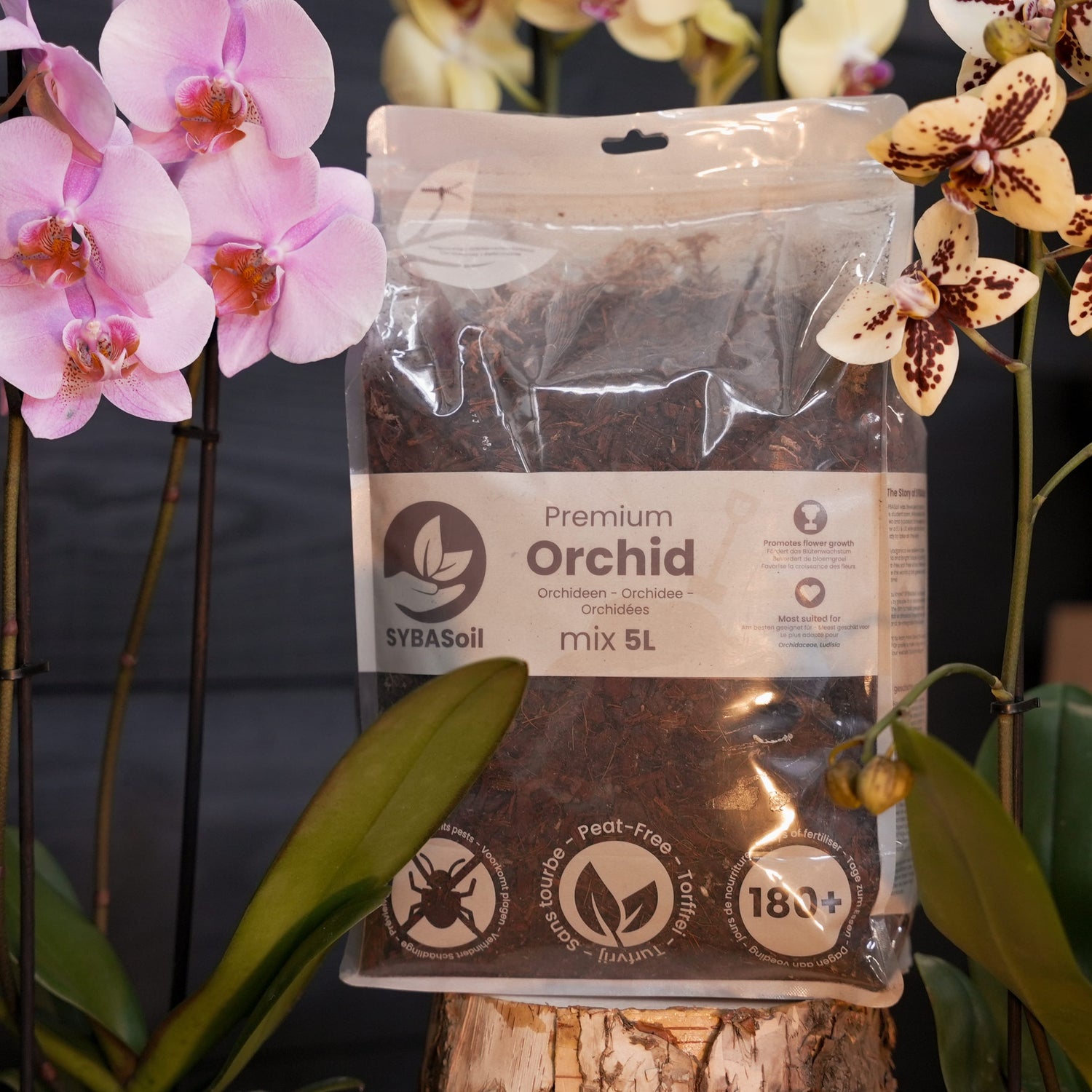
Products
To address the elephant in the room, yes we do ship our soils & components in plastic bags. This is something we have been working on for years now. We have tried algae, seaweed, carton & many other alternatives with no success.
The soil must stay slightly moist to ensure its quality. So, not all packaging is possible. Please reuse these bags. You can make terrariums or use them for cuttings. We are in touch with our suppliers. We seek a more sustainable solution. But, it is not yet possible.
We tried to set up a recycling program with OostNL's help. But, the logistics make no sense for now and will cause extra emissions.
Our newest batch of packaging falls under recycle code 4
*Note, we still have bags under recycle code 7 being sold. We had some strength issues at the start. Once these sell out, we will only ship recycle code 4.
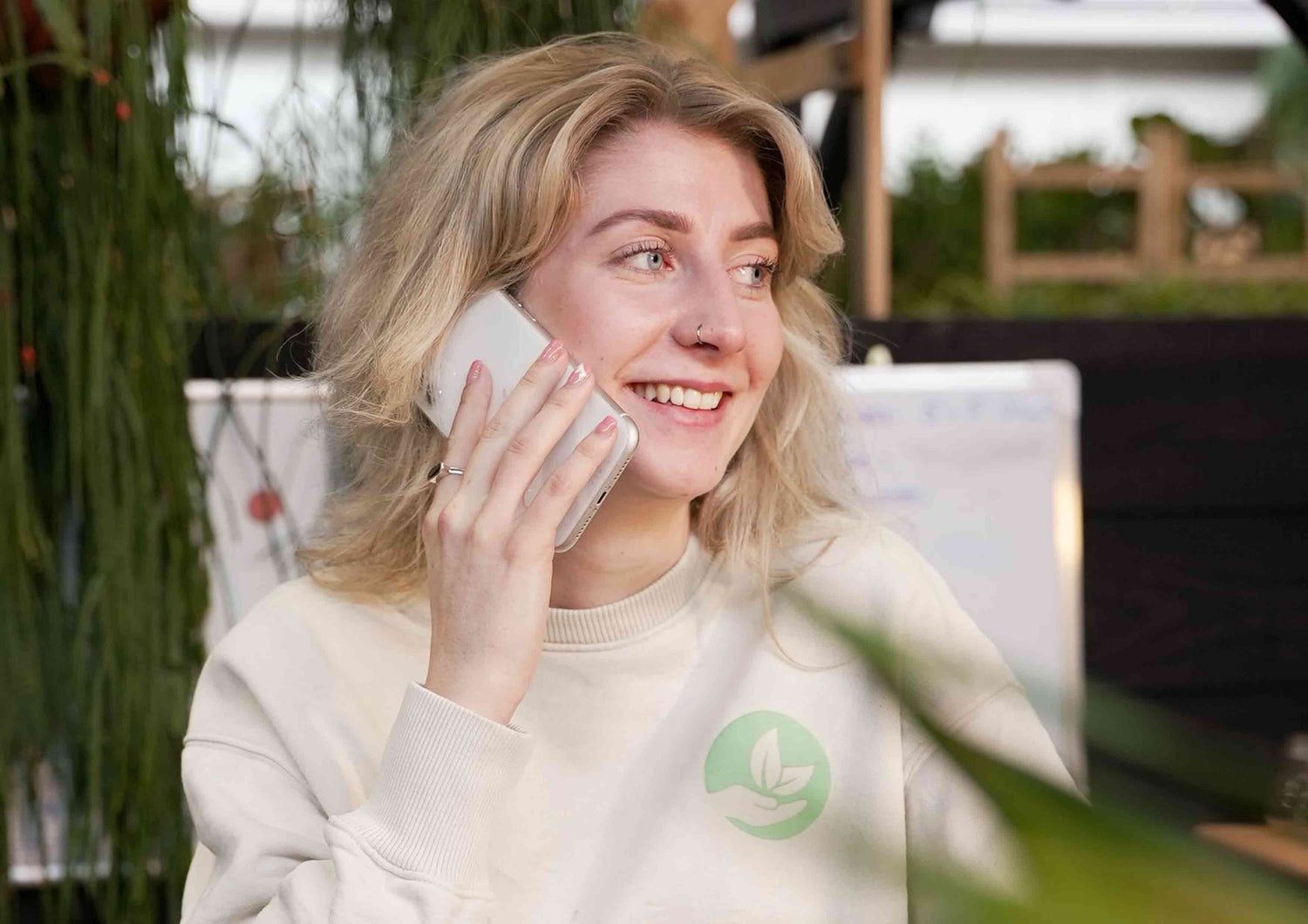
Service
We believe that if we can help you keep your plant happy, generally less plants have to be produced. That's why we make our products, developed the SYBASoil Guide, SYBAScan, our Pot Volume Calculator, our Youtube & Instagram video's and our Blogs.
If you still have questions, we are ALWAYS happy to help you! just shoot an email to info@sybotanica.com. We have a team of plant experts & even a biologist to help you out.
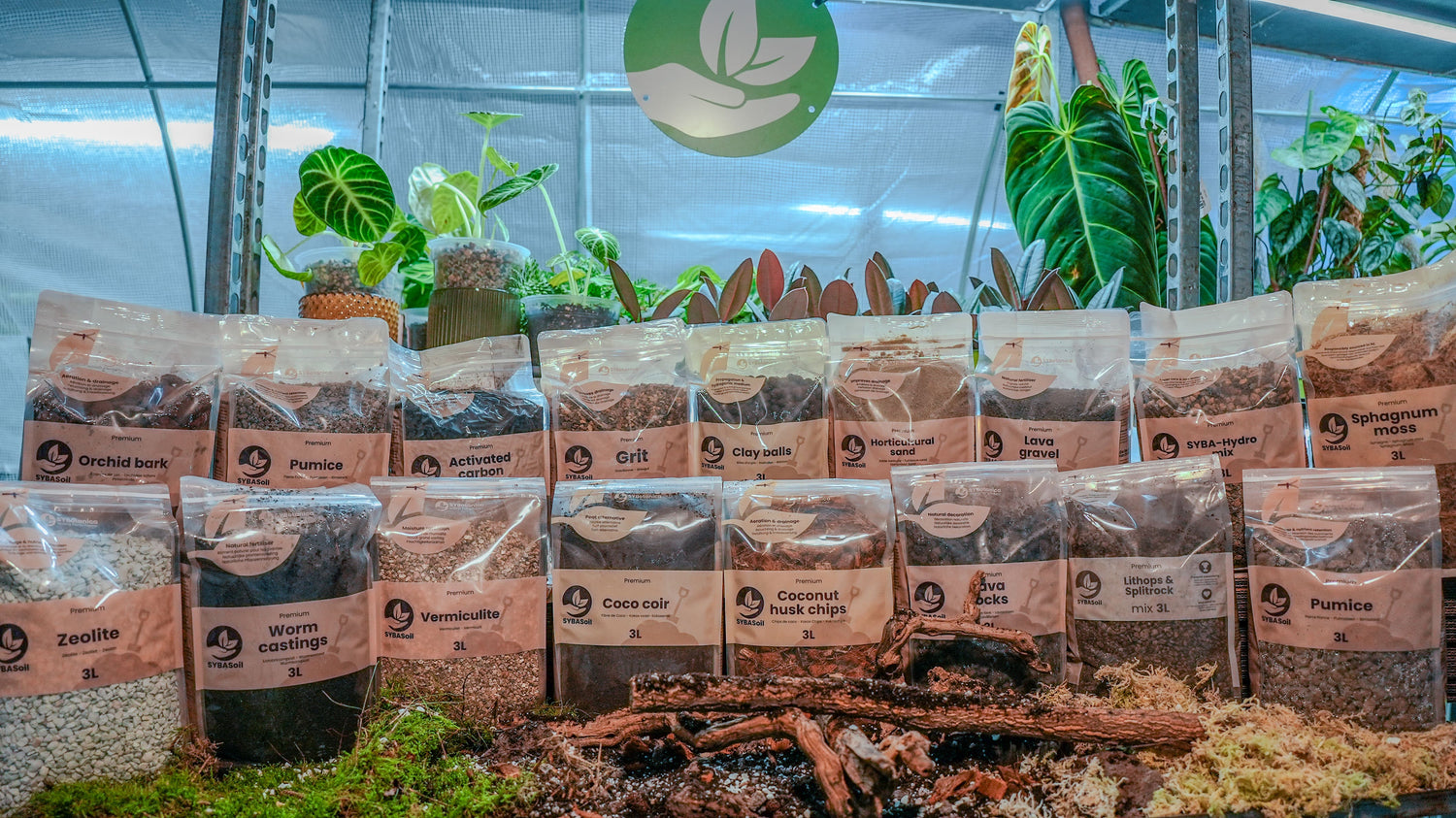
Strategy
We source locally, or as local as possible while not compromising quality. Reducing the length of the supply chain has a positive impact on total emissions. If needed, we source further afield. We require quality for healthy, long-lasting plants. Again, on this we want to be as transparent as possible. Check out the individual soil improver pages to see where & how we source the materials.
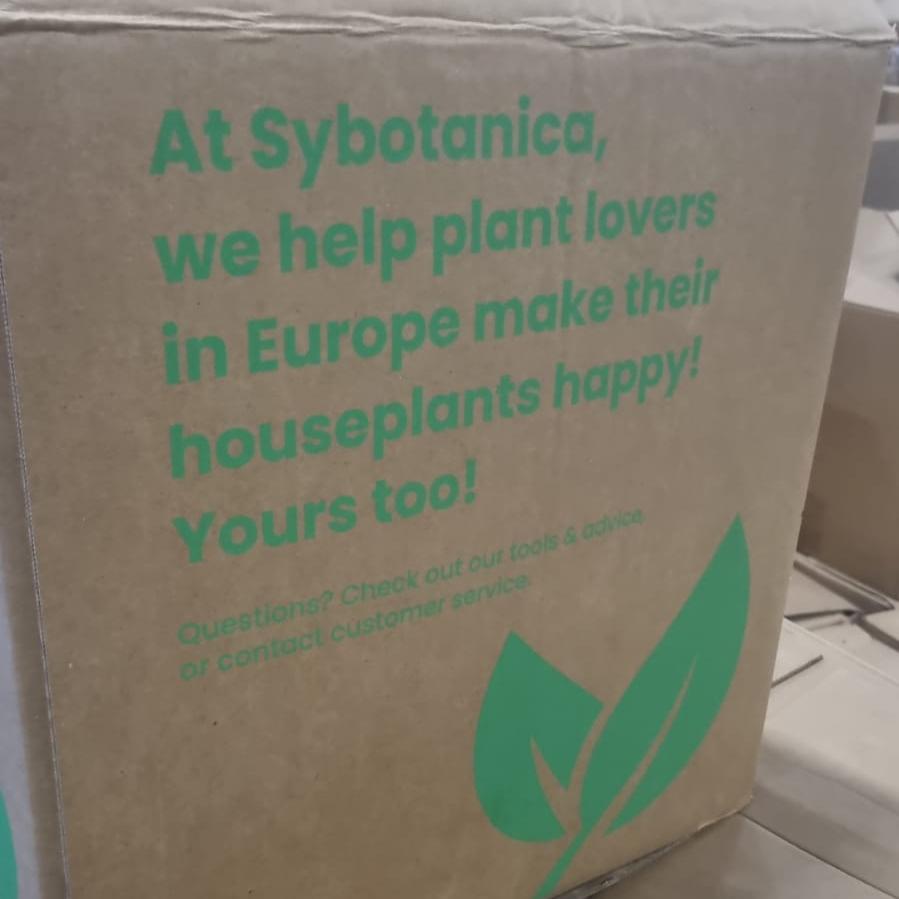
STRATEGY
Boxes
To put it shortly. Our shipping boxes are all FSC certified, thick enough to protect but not too thick to waste material.
We have deliberately chosen our transporters with a focus on quality & sustainability.
Our main courier, DPD, offsets all CO2 emissions from our deliveries. By 2025, it aims to deliver without emissions to the 350 largest cities in Europe, including 45 in the Netherlands.
UPS
Meanwhile, UPS has invested over 1 billion in alternative fuels.
Melis Logistics
For wholesale orders, we partner with Melis Logistics. They are moving quickly to electric trucks and training drivers in sustainable practices.
Items like Tree Fern Fibre. The supply chain is much longer as coco coir and it's basically the same material. (In our opinion!)
Chunky Perlite, any chunky perlite sold in the EU comes from Asia, we talked to all the producers in the EU and it simply isn't being made here. This wouldn’t be a problem in itself, but it’s transported in its popped form (which means 20x the amount of volume being shipped).
You can get unpopped Perlite from Greece, produce it in The Netherlands and that works perfectly fine. As an alternative we recommend Chunky Pumice (ours is from Germany).
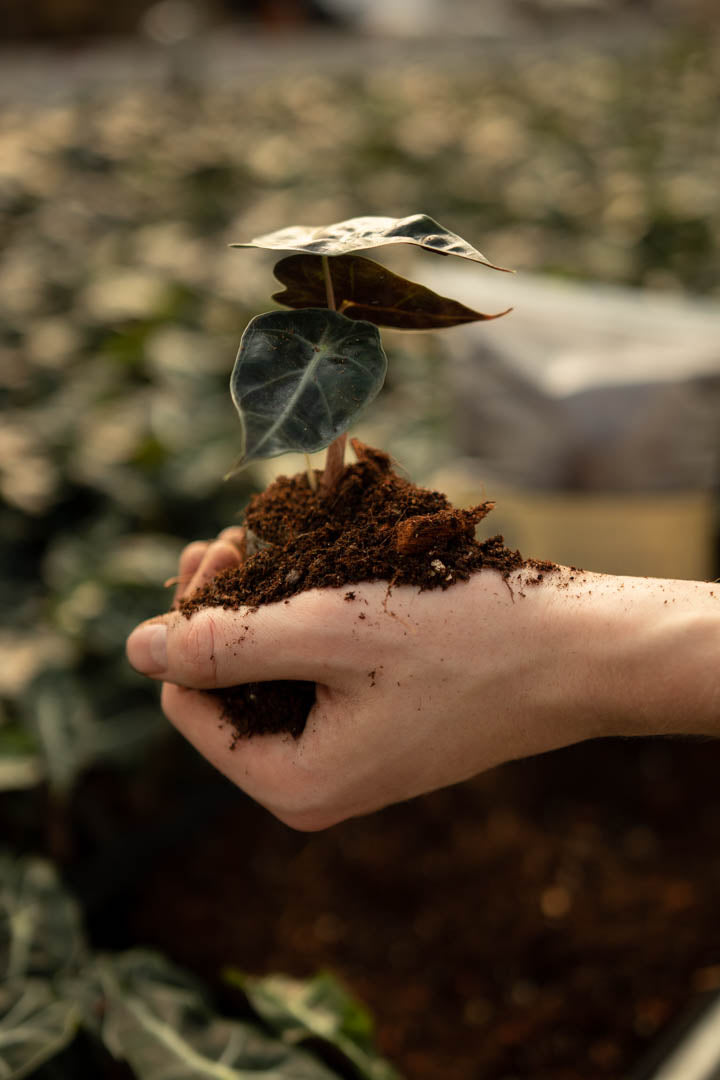
strategy
We are working on many aspects of our products to reduce our emissions; these include